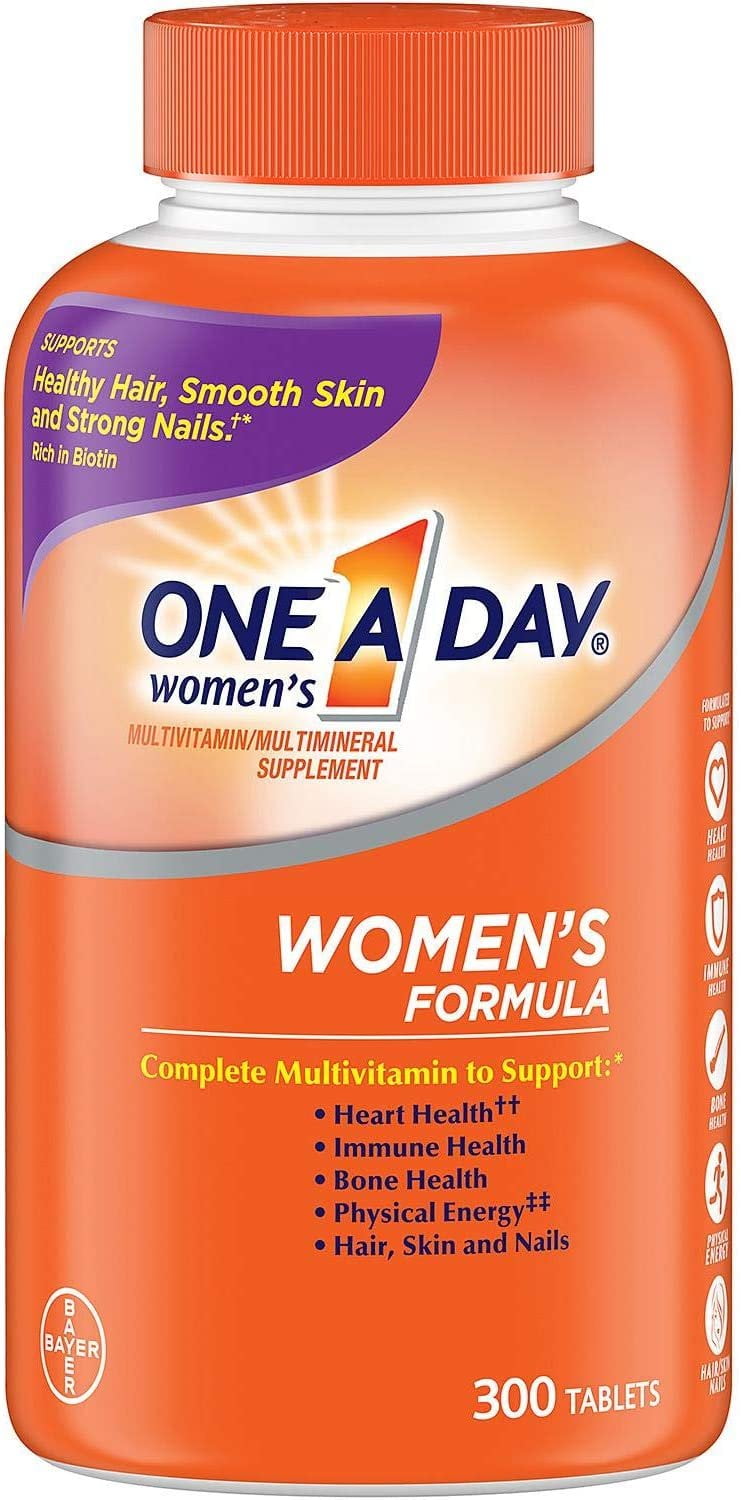Vitamin for Women's Health

The Importance of Vitamins for Women's Health
Vitamins are vital nutrients that our bodies need to function properly. They play a critical role in several bodily functions, including immune function, bone health, and energy production. For women, getting the right vitamins can help prevent several health issues that are unique to our gender.
Vitamins for Women's Health
Here are some of the most important vitamins that women need to include in their diets:
1. Vitamin D
Vitamin D is essential for strong bones, and it can also help prevent certain types of cancer, such as breast and ovarian cancer. Women who live in areas with limited sunlight or those who cover their skin for cultural or religious reasons may need to supplement their diets with vitamin D.
2. Vitamin B12
Vitamin B12 is crucial for maintaining healthy nerve cells and red blood cells. It is also needed to make DNA, the genetic material in all cells. Women who follow a vegetarian or vegan diet may need to take a B12 supplement since it is primarily found in animal-based foods.
3. Folate
Folate, also known as vitamin B9, is essential for healthy fetal development during pregnancy. It can also help prevent birth defects such as spina bifida. Women who are pregnant or planning to become pregnant should ensure that they get enough folate in their diet or through supplementation.
4. Iron
Iron is essential for carrying oxygen throughout the body, and women are often at higher risk of iron deficiency due to blood loss during menstruation. Iron-rich foods such as red meat, poultry, and beans can help women meet their iron needs.
The Benefits of Taking Vitamins for Women's Health
While it is always best to get our nutrients through a healthy diet, taking vitamins can provide several benefits, including:
- Reducing the risk of chronic diseases such as heart disease, cancer, and osteoporosis
- Boosting immune function and preventing illness
- Improving energy levels and reducing fatigue
- Supporting healthy skin, hair, and nails
The Risks of Taking Vitamins for Women's Health
While vitamins can provide several benefits, taking too much of certain vitamins can also be harmful. For example, taking too much vitamin A can cause liver damage, while excessive vitamin C can lead to digestive issues. It is always best to consult with a healthcare professional before starting any new vitamin regimen.
FAQs
Q: Can I get all the vitamins I need from my diet?
A: While it is possible to get all the vitamins you need from your diet, it can be challenging to do so consistently. Taking a daily multivitamin can help fill in any nutrient gaps.
Q: What is the best time of day to take vitamins?
A: It is generally best to take vitamins with a meal to aid in absorption. However, some vitamins, such as vitamin D, are better absorbed when taken with a fat-containing meal.
Q: Can I take vitamins while pregnant?
A: Yes, taking vitamins during pregnancy is essential for healthy fetal development. However, it is essential to consult with a healthcare professional to ensure that you are taking the right vitamins in the appropriate amounts.
Q: Do I need to take a vitamin supplement if I eat a healthy diet?
A: While a healthy diet can provide most of the vitamins you need, taking a daily multivitamin can help ensure that you are meeting all of your nutritional needs.
Conclusion
As women, taking care of our health should always be a top priority. Getting the right vitamins can help support our overall well-being and prevent certain health issues. While it is always best to get our nutrients through a healthy diet, taking a daily multivitamin can help ensure that we are meeting all of our nutritional needs.
